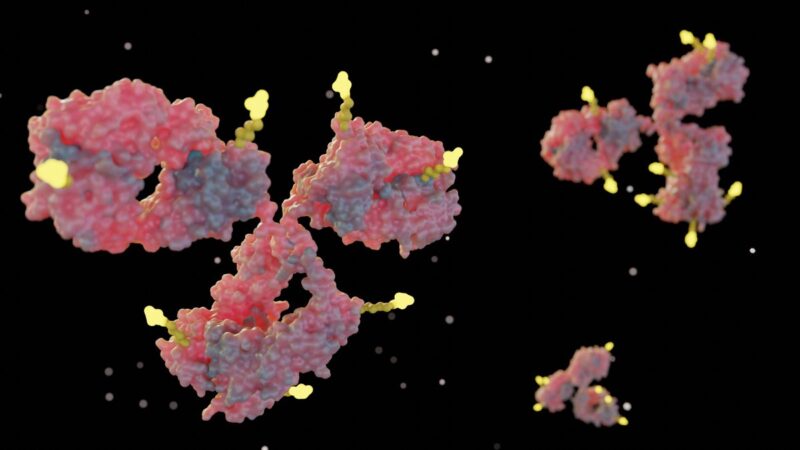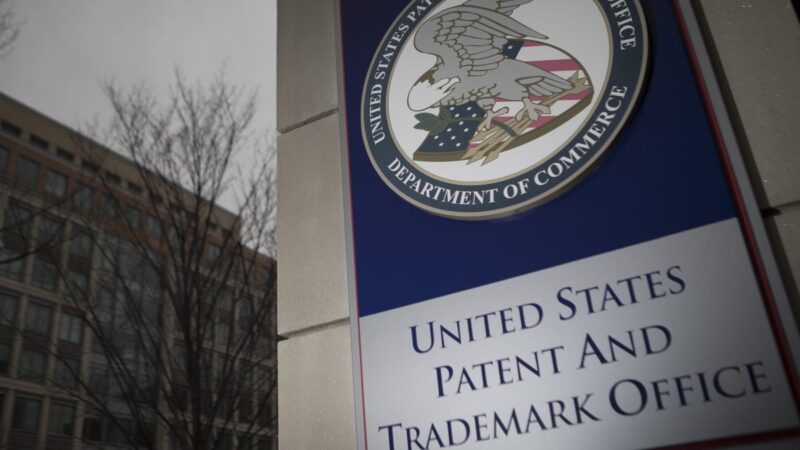Moderator: Antonio Manganelli, Ph.D.

Antonio Manganelli, Ph.D., is professor of Antitrust and Regulation at LUMSA University (Rome, Italy) and of Competition Law and Policy at the University of Siena (Italy).
From 2021 to September 2002, he worked as Deputy Head of Cabinet and Advisor to the Italian Minister of Economic Development, taking care of policy making regarding telecom, media, and digital markets. He previously served in other public institutions, i.e., the Italian Regulatory Authority for Telecom, Media, and Postal sectors (AGCOM); the UK Competition and Markets Authority (CMA), the European Commission, at the Body of European Regulators for Electronic Communications (BEREC); the Organisation for Economic Co-operation and Development (OECD); the Research department at the Italian Central Bank (Banca d’Italia).
Antonio is also Scientific coordinator of the DEEP-IN Research network, focusing on the intersection of intellectual property, innovation and competition in the ICT and digital markets. Antonio was Research associate at the European University Institute, in Florence (Italy), where he coordinated the Florence School of Regulation. Previously, he worked as research assistant at the University of Siena.
Antonio holds a M.Sc. in Political Science and Economic Policy from the University of Siena (Italy), a Master of Law (LL.M.) from the University of Texas at Austin (USA); a Ph.D. in Law and Economics from the University of Siena (Italy).


Explainer: Standard Essential Patents and National Security
